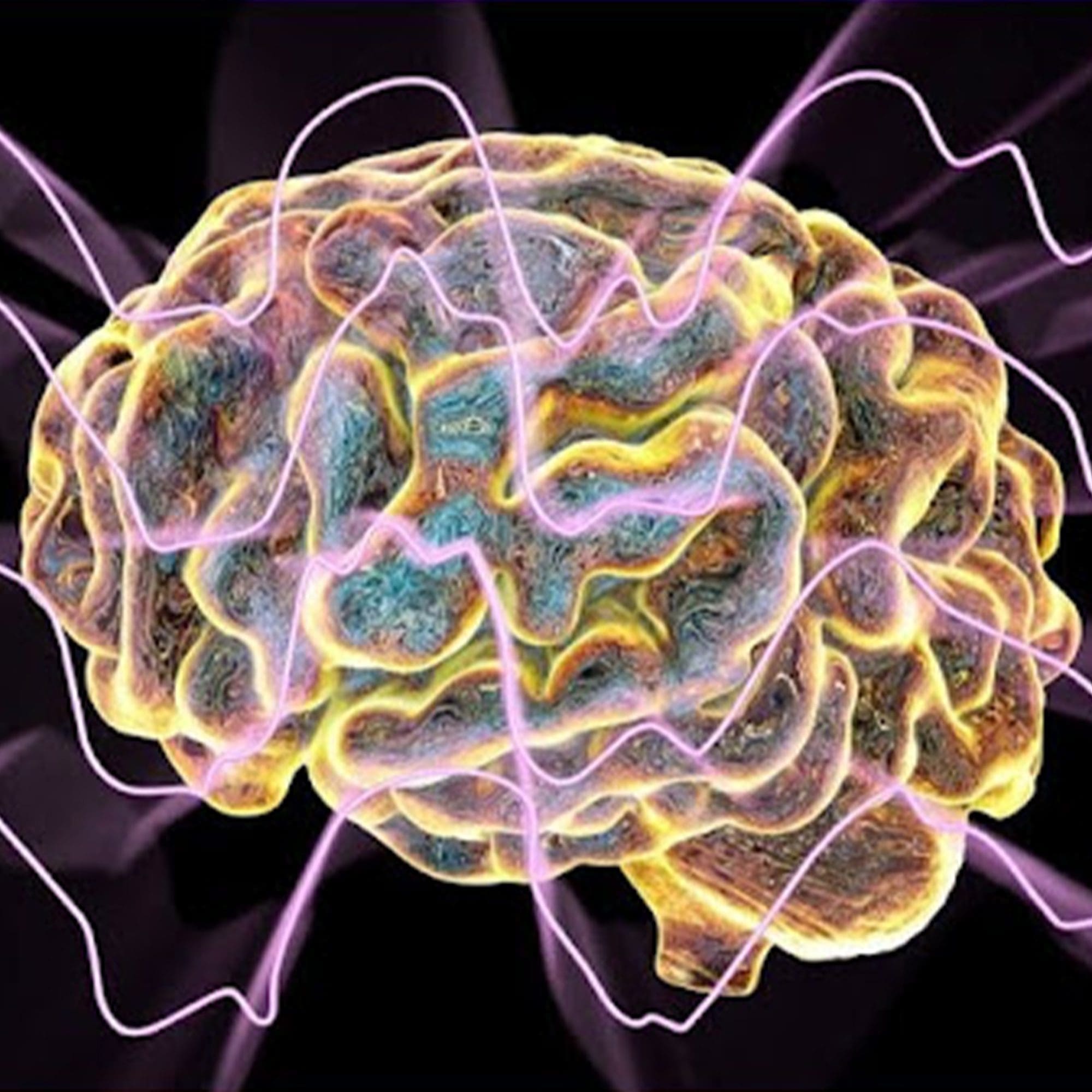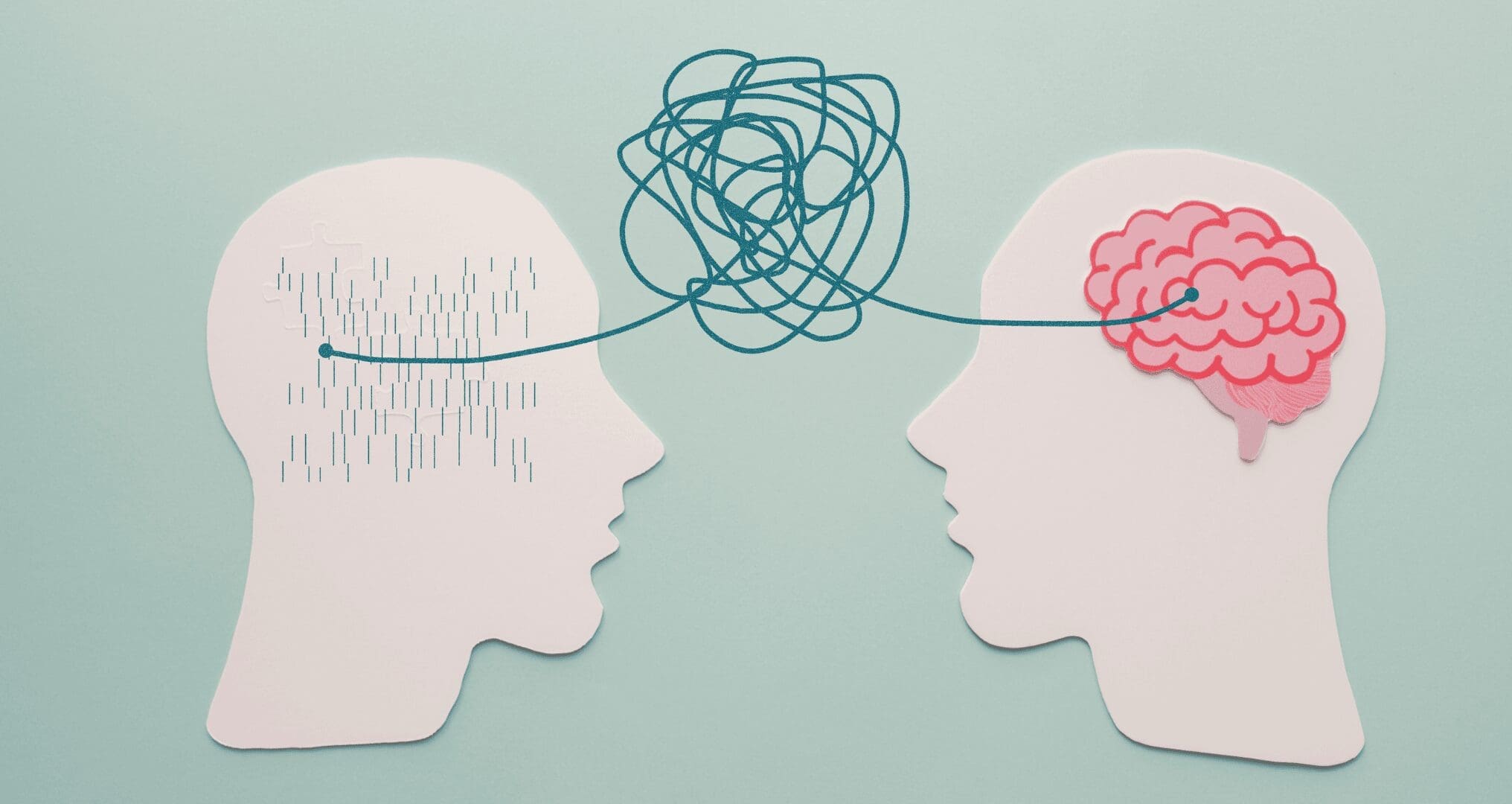
Here’s One Proven Way to Heal the Damage of Childhood Trauma
Read Time:
5.1 minutes
Share This:
You may think of trauma as being caused by some major, tragic life event, like experiencing or witnessing war, abuse, or crime. And, yes, those things are definitely traumatizing. Unfortunately, many common life experiences can also be traumatic. The truth is that trauma can result from anything that makes a person’s brain feel unsafe, physically or emotionally, and overwhelms and disrupts the way it copes or functions.
Common life occurrences can qualify as Adverse Childhood Experiences (ACEs) and have a traumatic impact on a child’s brain, including:
- not having their emotional needs acknowledged or met,
- living in poverty and not having their physical needs met,
- experiencing bullying or harassment,
- witnessing violence or crime,
- living with a loved one’s substance abuse,
- dealing with the mental illness of someone close,
- going through parental separation or divorce,
- experiencing the death of a pet or person close to them,
- having a household member incarcerated.
Trauma Changes a Child’s Brain and an Adult’s Life
Childhood trauma can result in brain changes that last into adulthood and show up as chronic disease, mental illness, addiction, and violence. In young adults who’ve experienced ACEs, the result can be high-risk behavior, loss of inhibition, poor executive decisions, and inability to delay instant gratification which can lead to mental health issues and substance abuse. These conditions can then be made worse by a brain with poor emotional and impulse control. And when chronic pain or illness is added to the mix — a frequent consequence of chronic stress and cortisol damage to the brain — the result can be an individual with serious physical and mental issues.
But the good news is that the brain can change again and heal trauma damage.
Signs You’re Living with Childhood Trauma
Many of our clients don’t even realize they’re living with childhood trauma. The trauma can stem from any of the ACEs mentioned above and show up as physical and mental conditions that a person doesn’t connect to childhood events. Some ways trauma might manifest in your body are:
- Sudden sweating, heart palpitations, and increased heart rate,
- Feelings of disconnect or numbness,
- Trust issues and relationship difficulties,
- Drugs, alcohol, or other addictions,
- Depression and anxiety,
- Anger or uncontrollable emotions,
- Chronic illnesses or pain,
- Difficulty concentrating or completing tasks,
- Headaches, backaches, stomach aches, and muscle tension,
- Changes in mood, sleep patterns, appetite, and interests.

It’s Never Too Late to Rewire the Brain
The presence of an ACE in childhood does not guarantee a mental health condition or poor life outcome. Positive experiences, nurturing relationships, and other factors can protect children from having long-term negative physical and mental outcomes after trauma. You are never too old or too far removed to heal from something that happened when you were a child.
In recent decades, brain research has confirmed neuroplasticity, which is the brain’s ability to reorganize and grow both physically and functionally throughout a person’s life based on input. Neuroplasticity is how the brain gets altered by childhood experiences in the first place, and it is how it can heal — at any age.
Healing a traumatized brain takes effort, repetition, and time, but it can be accomplished. Just like our brains change to deal with threatening situations, they are capable of re-establishing healthy operations and feelings of calm, security, and happiness.
Neurofeedback Can Help a Traumatized Brain Heal
Over the past decade, ample research has been conducted supporting neurofeedback therapy and confirming that it can assist in healing from childhood trauma. Often, people who’ve been through childhood trauma develop PTSD, where their brains are in a constant state of heightened awareness. Living with a hyper-aroused brain can also lead to anxiety and depression.
In 2014, R.C. Kluestsch, MSc, and a team of researchers studied using neurofeedback to relieve symptoms of people living with PTSD. The scientists performed a single neurofeedback session on 21 individuals to see if the participants could learn to reduce the brain waves associated with anxiety and hyper-arousal. Their findings showed that the participants reported a greater sense of calm after the session.
Trauma-focused neurofeedback training can shift a hyper-aroused brain to a state of calm so it can respond and behave in healthier ways. There have been many studies showing that neurofeedback can significantly improve PTSD symptoms and even change the function of PTSD brains on scans. In many cases, the positive results of neurofeedback have proven greater than medications.

How to Calm and Balance a Traumatized Brain
When training a traumatized brain, the goal of neurofeedback is to reverse the effects trauma had on the brain. Neurofeedback can help optimize healthy brain function and achieve a balanced state where your sympathetic (stress) and parasympathetic systems (calming) work in balance with each other. Neurofeedback teaches your brain to increase its production of calming brain waves permanently. Calm and less anxious can become the default state for your mind and body.
Neurofeedback successfully improves many conditions, including anxiety, depression, autism, ADD and ADHD, brain injuries, OCD, stroke recovery, PTSD, addictions, seizure disorders, migraines, chronic pain, and more. By fine-tuning the brain’s performance, neurofeedback can also improve focus and concentration. For example, neurofeedback could improve a person’s abilities at school, golf or other sports, or at work.
Healing is possible.
When You Improve Your Brain, You Improve Your Life
At Grey Matters, we have seen neurofeedback act as a remarkable healing solution for many people looking to recover from childhood trauma and more. Brain training starts with a consultation and the completion of a qEEG brain map which tells us exactly how your brain is functioning and where it can improve. From that, we develop a personalized plan designed to help your brain reach optimal performance to relieve the symptoms of childhood trauma and other conditions.
At Grey Matters, we are passionate about helping people live their best lives. Give us a call at (317) 215-7208 or send us a message today to find out how we can help you.



